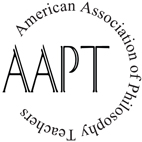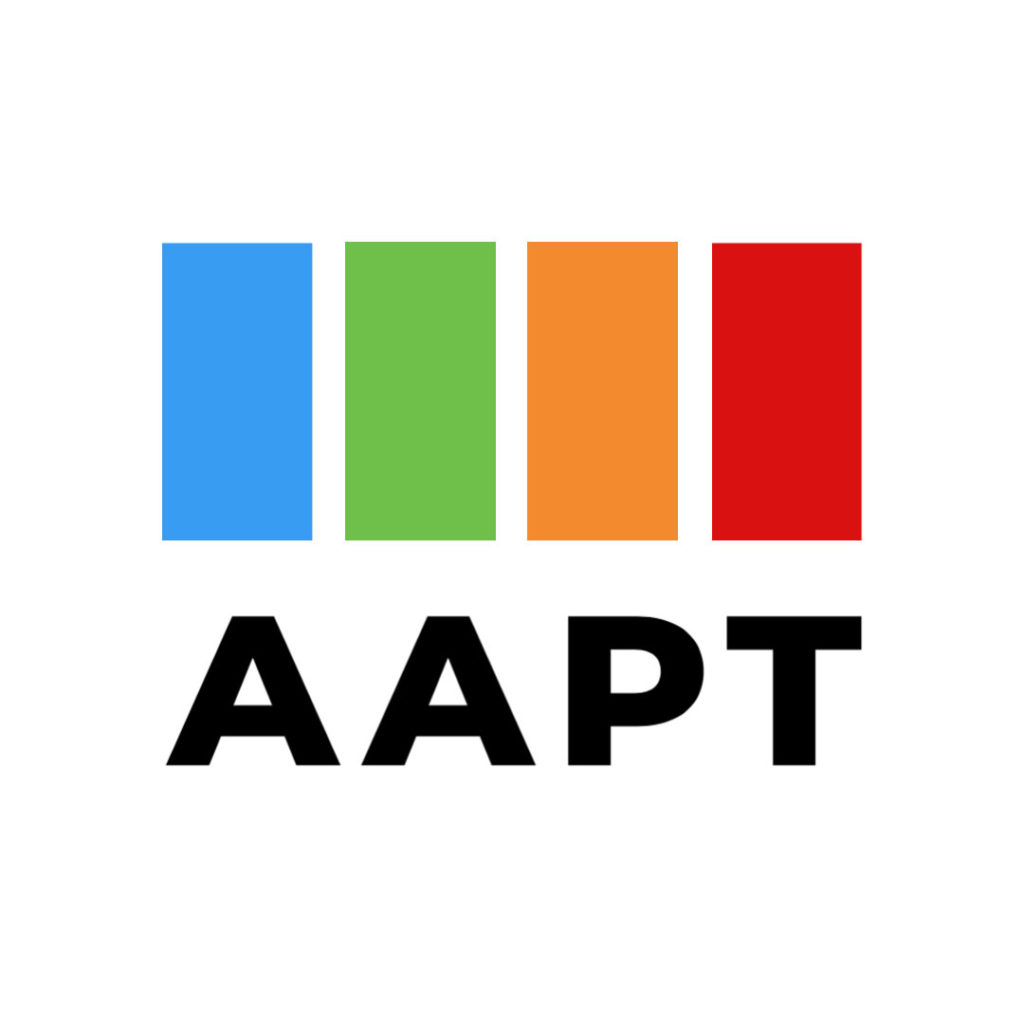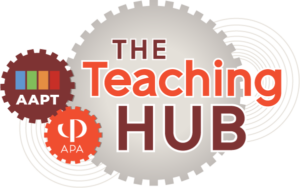CFP (updated): 2025 AAPT-APA Teaching Hub Poster Sessions for Undergraduate Research
The American Association of Philosophy Teachers (AAPT) and APA Committee on the Teaching of Philosophy (CTP) invite abstracts for the three AAPT-APA Teaching Hub Undergraduate Poster Sessions, to be held at the 2025 divisional meetings of the APA.
- Eastern Teaching Hub Poster Session: New York City, NY, January 8-11
- Central Teaching Hub Poster Session: Fully Online, February 20-22 and February 27-Mar 1
- Pacific Teaching Hub Poster Session: San Francisco, CA, April 16-19
The Teaching Hub Poster Sessions are designed to feature independent work by undergraduate students. If you are an undergraduate – or a professor who knows of a student – who has a research project to share with fellow philosophers in an informal, visually-engaging and interactive setting, please consider submitting an abstract and application.
Abstracts for Undergraduate Poster Sessions have extended submission deadlines for all three meetings:
Eastern: November 15, 2024
Central: December 15, 2024
Pacific: January 15, 2025
More details and links to application portals can be found on the AAPT-APA Teaching Hub CFP website.
We strongly encourage submissions to Central this year, since it is the first time the APA is organizing an entire APA Division Meeting virtually, thus increasing access across the country, and reducing travel costs and carbon footprints.
(Note: If you would like to present your work in this poster session but don’t have much to show by the above deadlines, please consider submitting a proposal anyway, as works-in-progress will also be considered.)
You may submit a proposal to more than one poster session (please note the submission deadlines for each Division meeting).
Important note: To present at the Teaching Hub, participants must both join the APA and register for the conference (both at significantly reduced fees for undergraduates). Unfortunately, neither the APA nor the AAPT can offer funding to Teaching Hub participants for registration fees and membership dues. However, your home institutions may have funding available for undergraduate research, so we invite you to speak with your faculty mentors and academic support offices.



